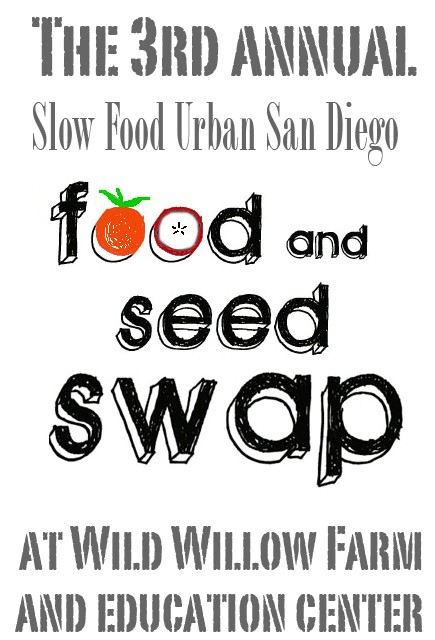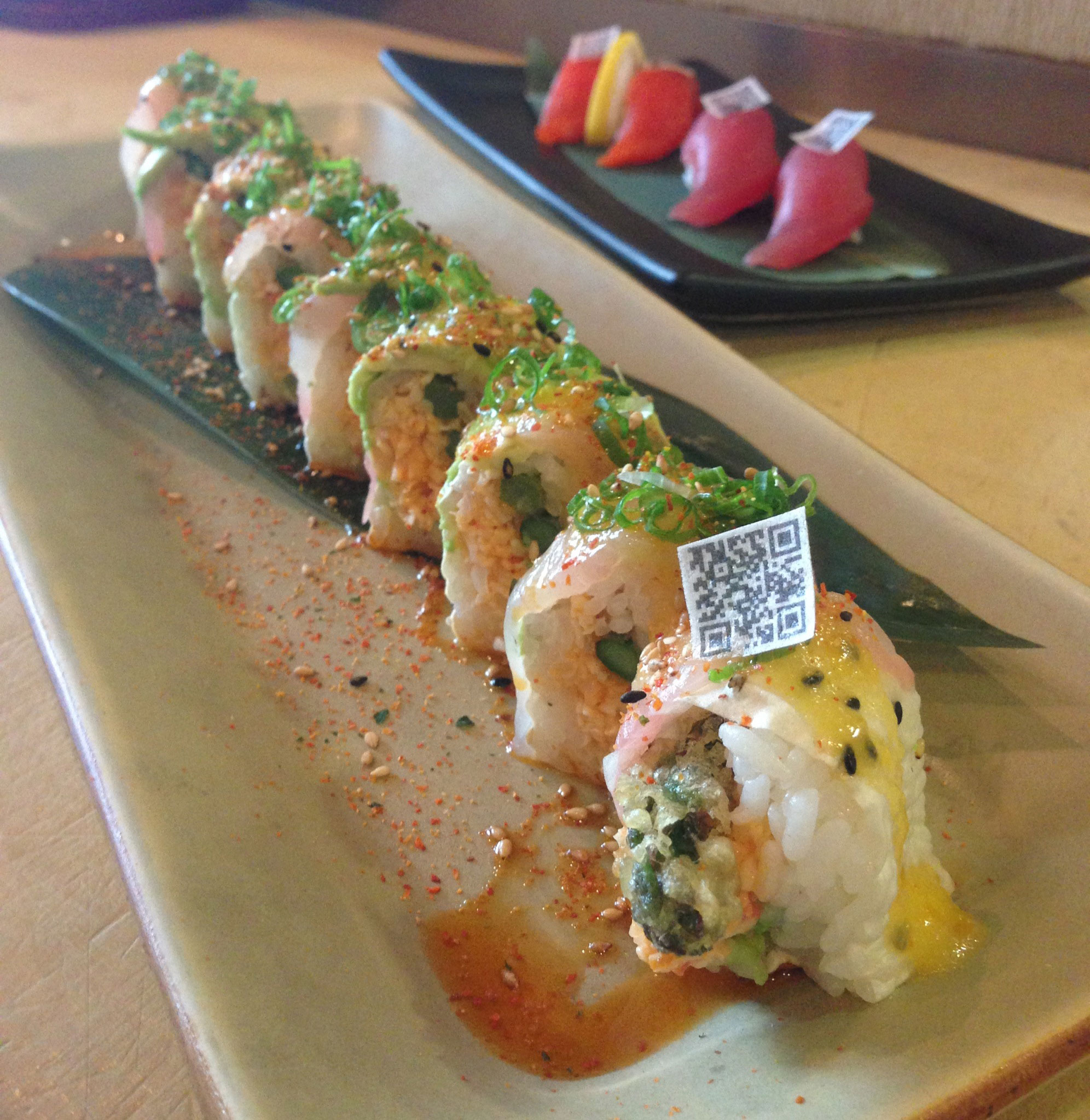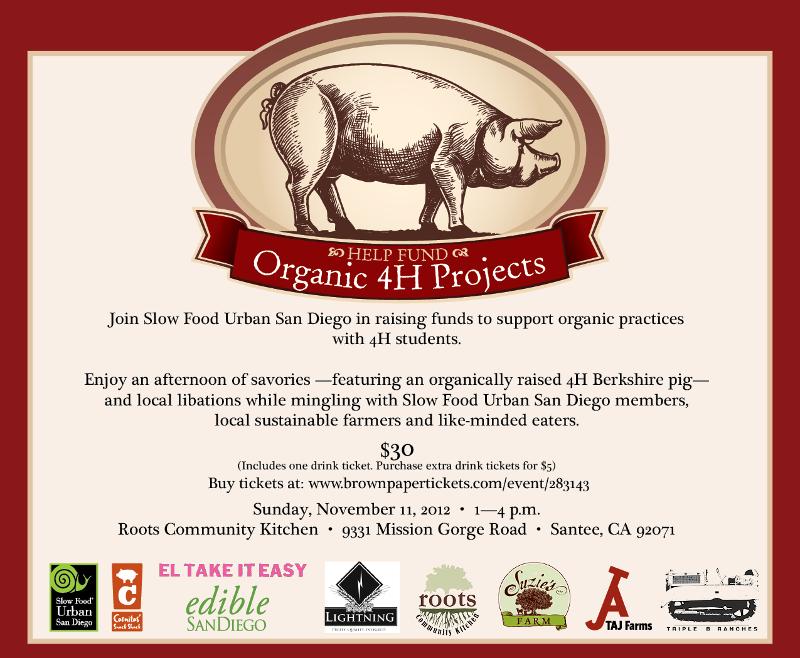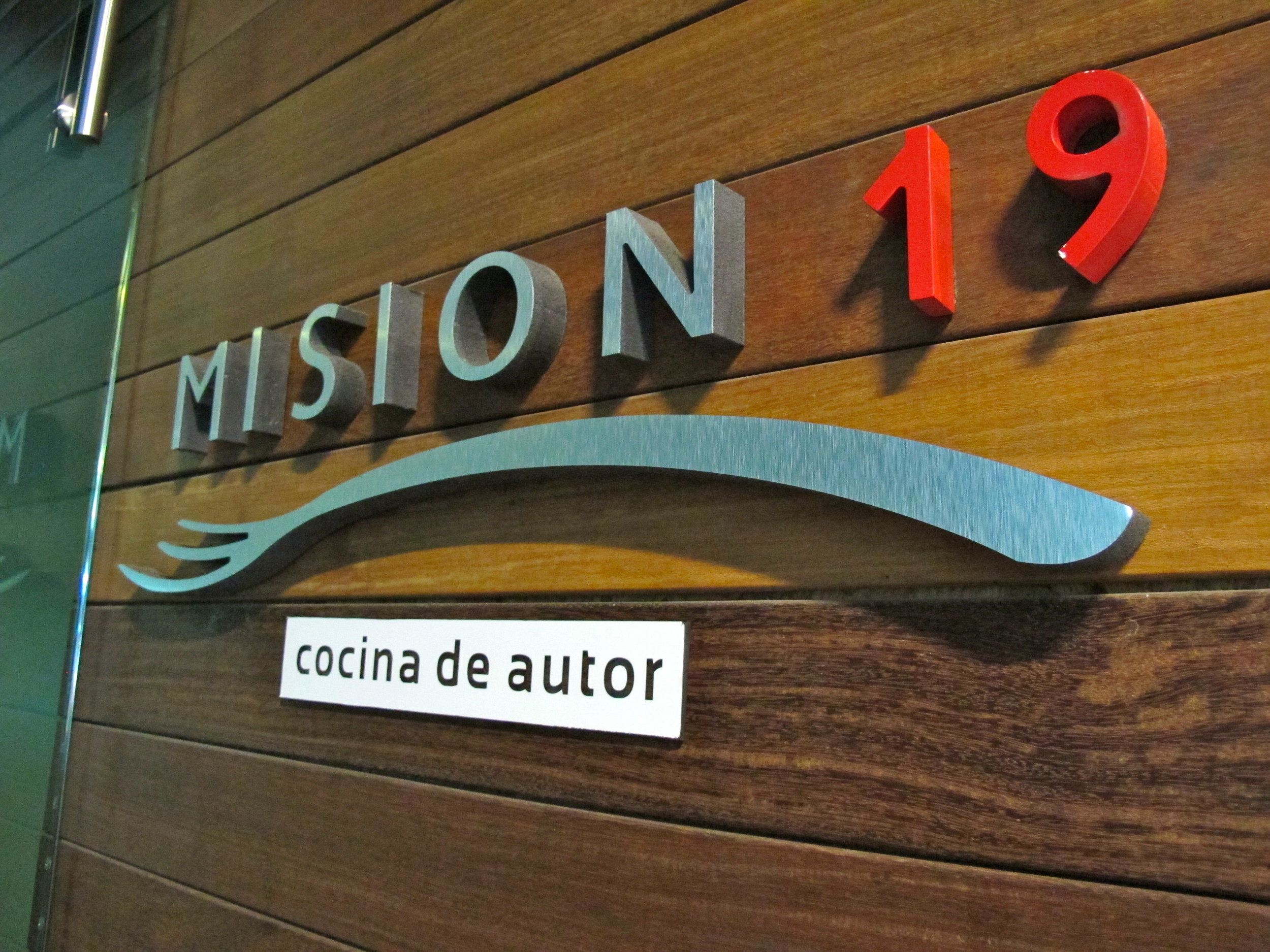Acres of wild, fertile farmland stretch beneath the open summer skies. Nestled in at the base of Palomar Mountain, you can feel the ground calling out to be restored and tended. Growing conditions here in Pauma Valley can be harsh. High heat in the summer leads to burnt crops and drought, while snow and frost in the winter months can destroy entire acres of harvestable produce. At first glance, the property feels desolate and forgotten, but as I explore the fields I feel it swell with potential.
“New Roots at Pauma Tribal Farm” is the new national training center for the International Rescue Committee, a global humanitarian relief organization that enables refugees to grow their own food and re-establish their families through community gardening, nutrition education, and small business farming. The property in Pauma Valley is held in a conservation easement, which means it can only be used for farming. Previously maintained by Pauma Valley Organics and the Tierra Miguel Foundation, which closed operations two years ago, the land has laid fallow and silent. But as schoolchildren, small families, and brightly dressed Bahati Mamas arrived on busses bringing waves of energy, noise, and color; celebration and new beginnings resonated throughout the property. Translators and leaders from the IRC did their best to communicate the reason for their coming- a celebration of a new farm and new opportunities for families to grow and find success.
The celebration began with volunteers gathering beneath the barn, drinking coffee and gobbling up fresh watermelon slices. We all participated in a ritual prayer, led by one of the elders of the Pauma Indian Tribe. Pauma means “people of the west”, and for thousands of years their ancestors have occupied this fertile valley. The prayer symbolizes an offering to the earth with gratitude and respect for the knowledge, of land, and of relationships bestowed to them. We stood together, as he scattered bits of tobacco upon the ground and chanted a few words in his native tongue. We paused to soak in the sacred space before moving in to work groups and heading out across the property to sweat and toil beneath the sun.
The intent is for this farm to function as a training ground for REAP, the Refugee Entrepreneurial Agriculture Program. Various supervisors from the IRC will educate refugees through a diverse curriculum and guide them in sustainable food production. Many different ethnic groups are already growing food here- Burmese, East African, Karin, Congo, Iraqi, Somali Bantu. As I browsed the rows I noticed Kassava, Black Eyed Peas, Bitter Melon, Squash, Cucumbers, Okra, Mint. One of the farmers informed me that some varieties were passed down directly from other countries--smuggled, contraband seeds he called them. All of the families that will be working here will not only learn new techniques for growing food but also learn basic business principles so they can fully support themselves. A few local San Diego restaurants already purchase produce directly from farmers growing at the IRC New Roots farm in City Heights.
Towards the end of the gathering, one of the farmers remarked, “farming makes us strong and healthy beyond the food that we eat. It teaches us to care for one another, to care for the earth, and to become wise in all things, grateful for all that we harvest”.













 This past Saturday, Slow Food Urban San Diego board members had the pleasure of eating a long lunch at
This past Saturday, Slow Food Urban San Diego board members had the pleasure of eating a long lunch at 


